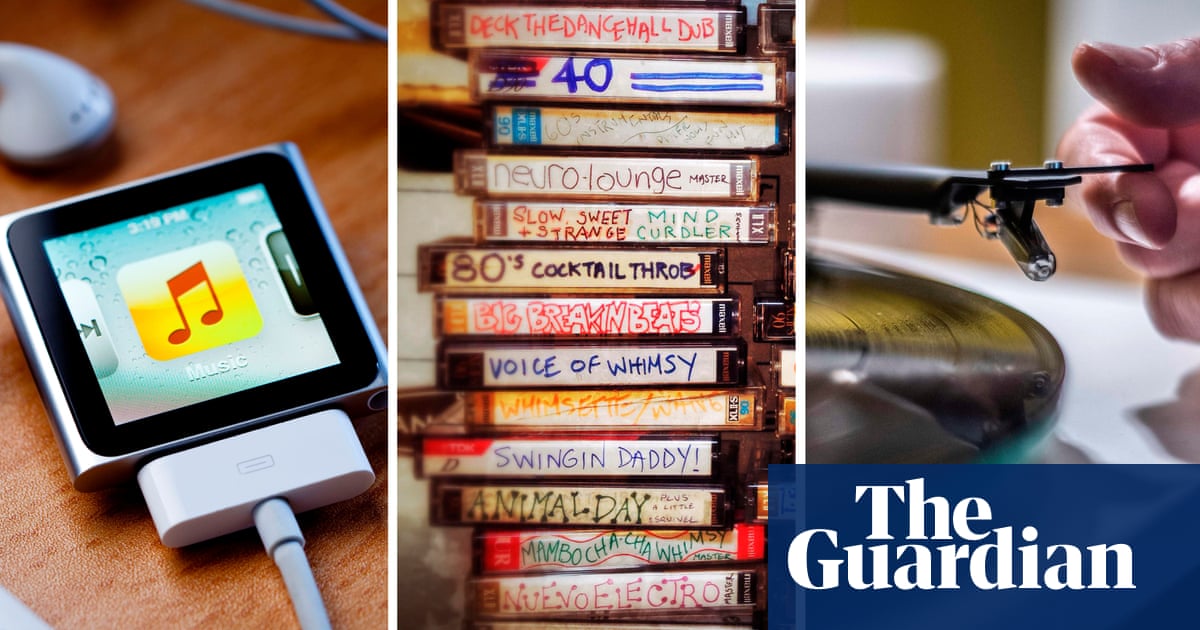TrainFan73
Frothy
The conversation about Hole over in the VMP essentials thread sparked this thread.
We know there are important groups & artists...
The Beatles
The Rolling Stones
Chuck Berry
Elvis Presley (love or hate him, it is impossible to deny his importance in Rock n Roll)
Radiohead
Pink Floyd
The Beach Boys
Aretha Franklin
Janis Joplin
Joni Mitchell
Ella Fitzgerald
Nina Simone
I'd certainly like to talk about the canon as it were. But who since the 90s is really important.
For example, while we all love and respect Beyonce - what has she done to ensure that her legacy is remembered 50 years from now. Is she a timeless and important act. I'm not saying she is or isn't. I think you could argue that she is. Especially post self-titled...
We know there are important groups & artists...
The Beatles
The Rolling Stones
Chuck Berry
Elvis Presley (love or hate him, it is impossible to deny his importance in Rock n Roll)
Radiohead
Pink Floyd
The Beach Boys
Aretha Franklin
Janis Joplin
Joni Mitchell
Ella Fitzgerald
Nina Simone
I'd certainly like to talk about the canon as it were. But who since the 90s is really important.
For example, while we all love and respect Beyonce - what has she done to ensure that her legacy is remembered 50 years from now. Is she a timeless and important act. I'm not saying she is or isn't. I think you could argue that she is. Especially post self-titled...
